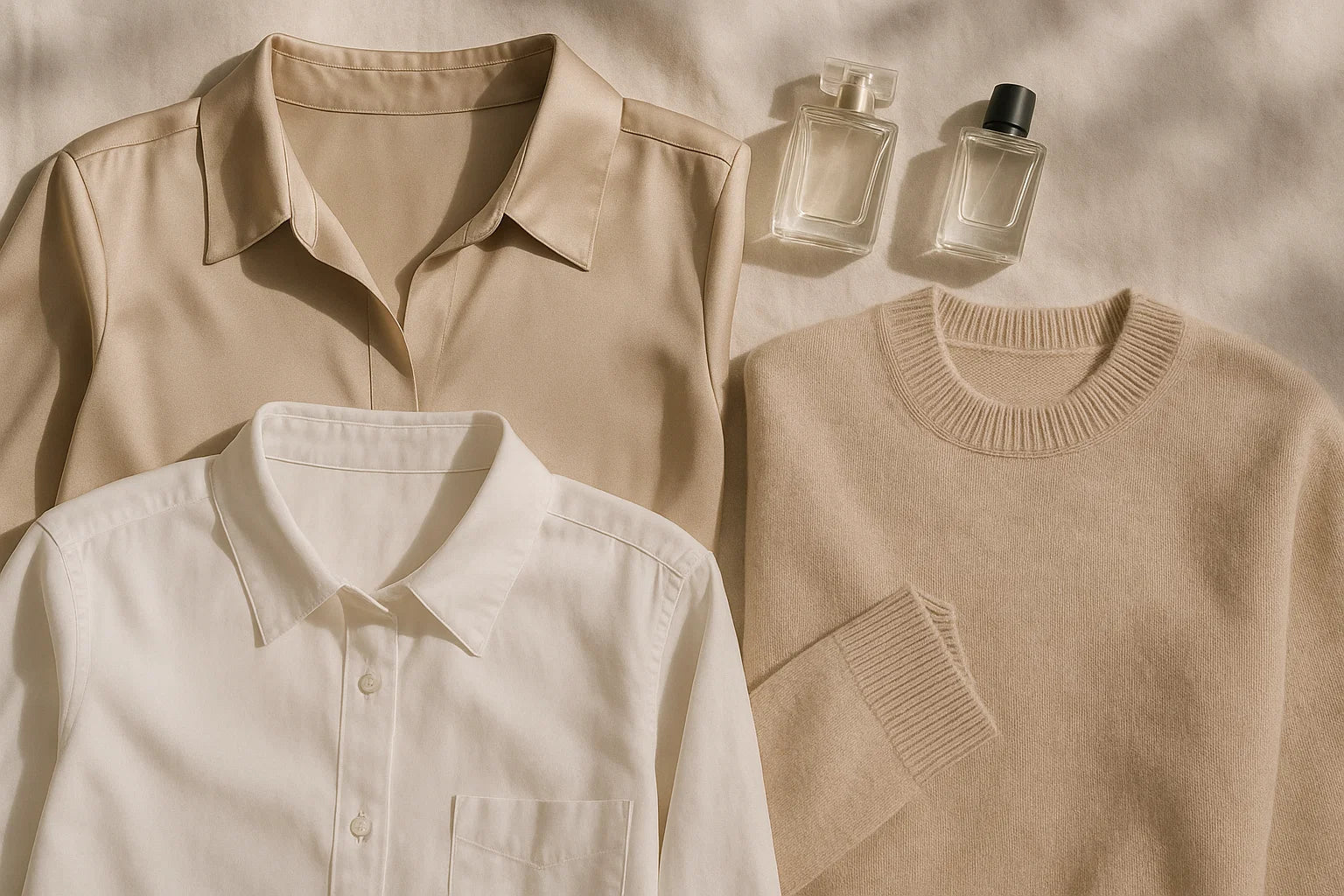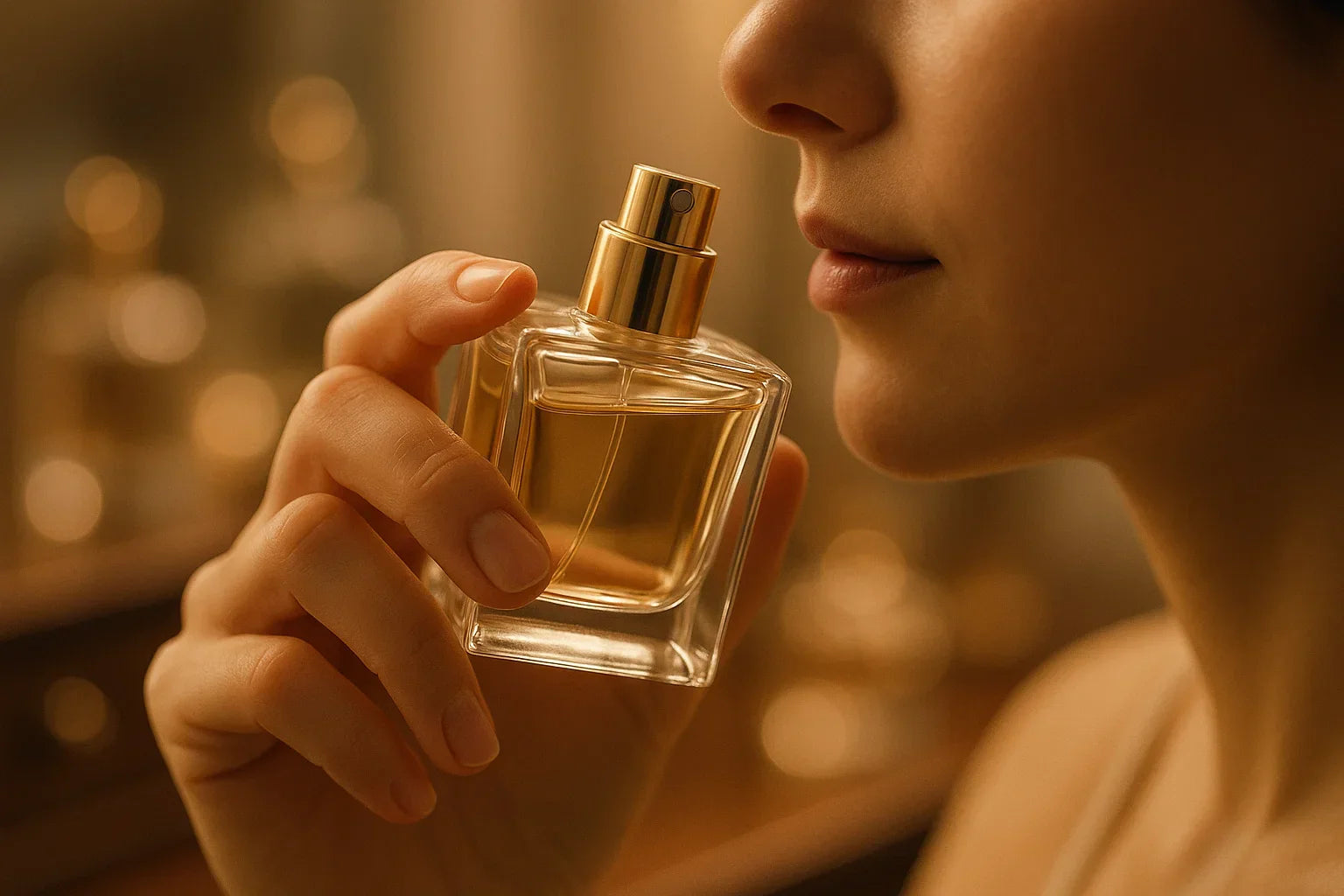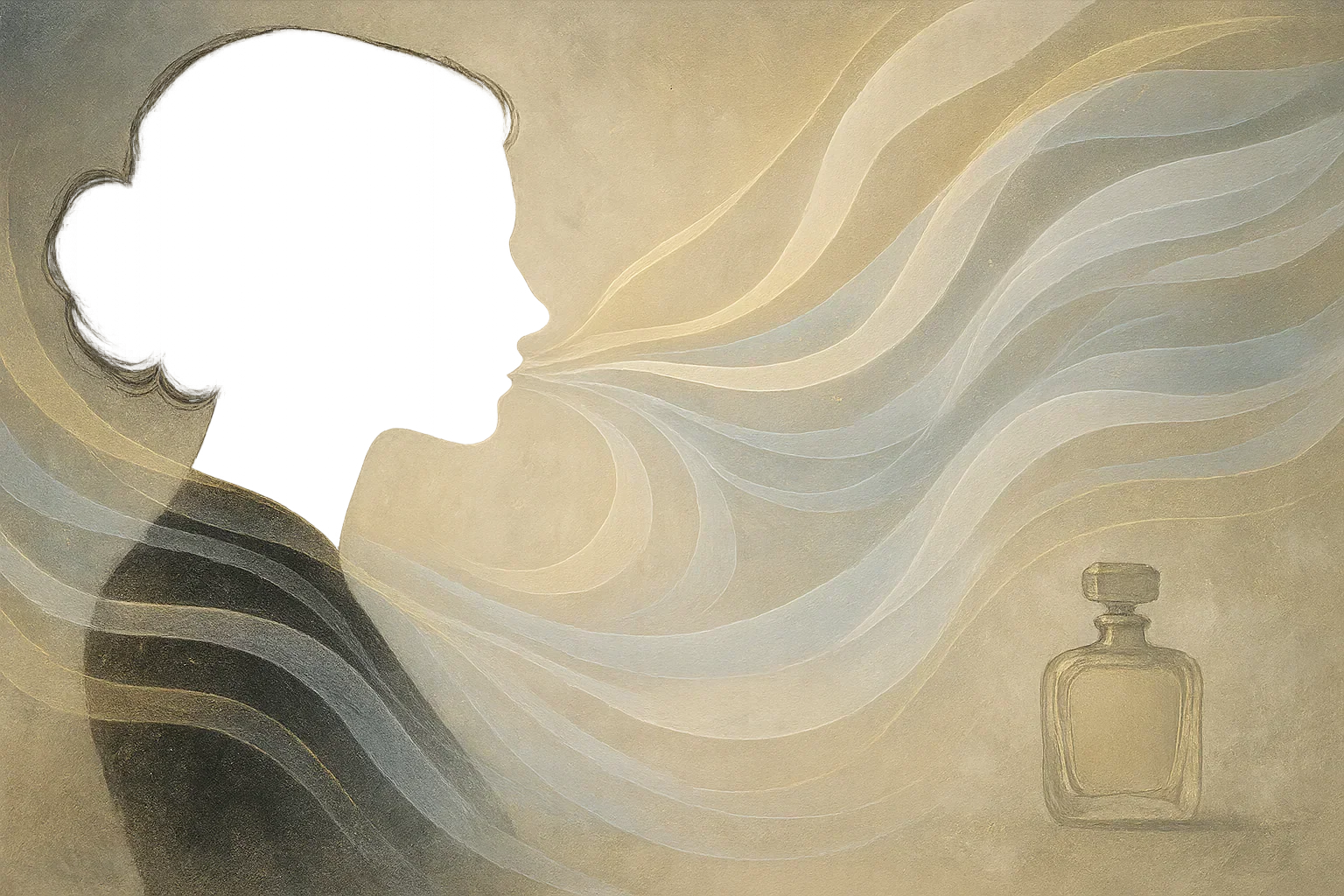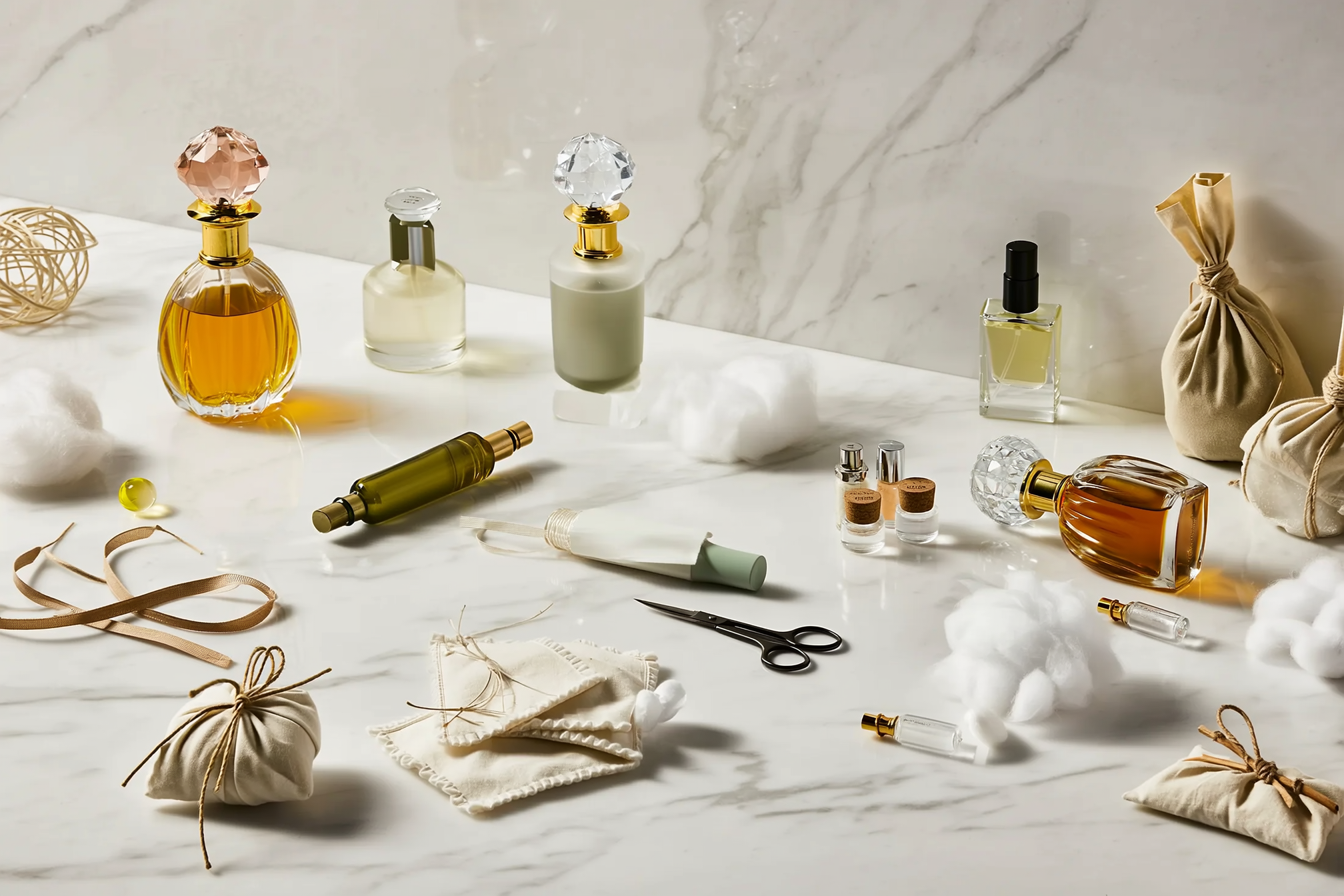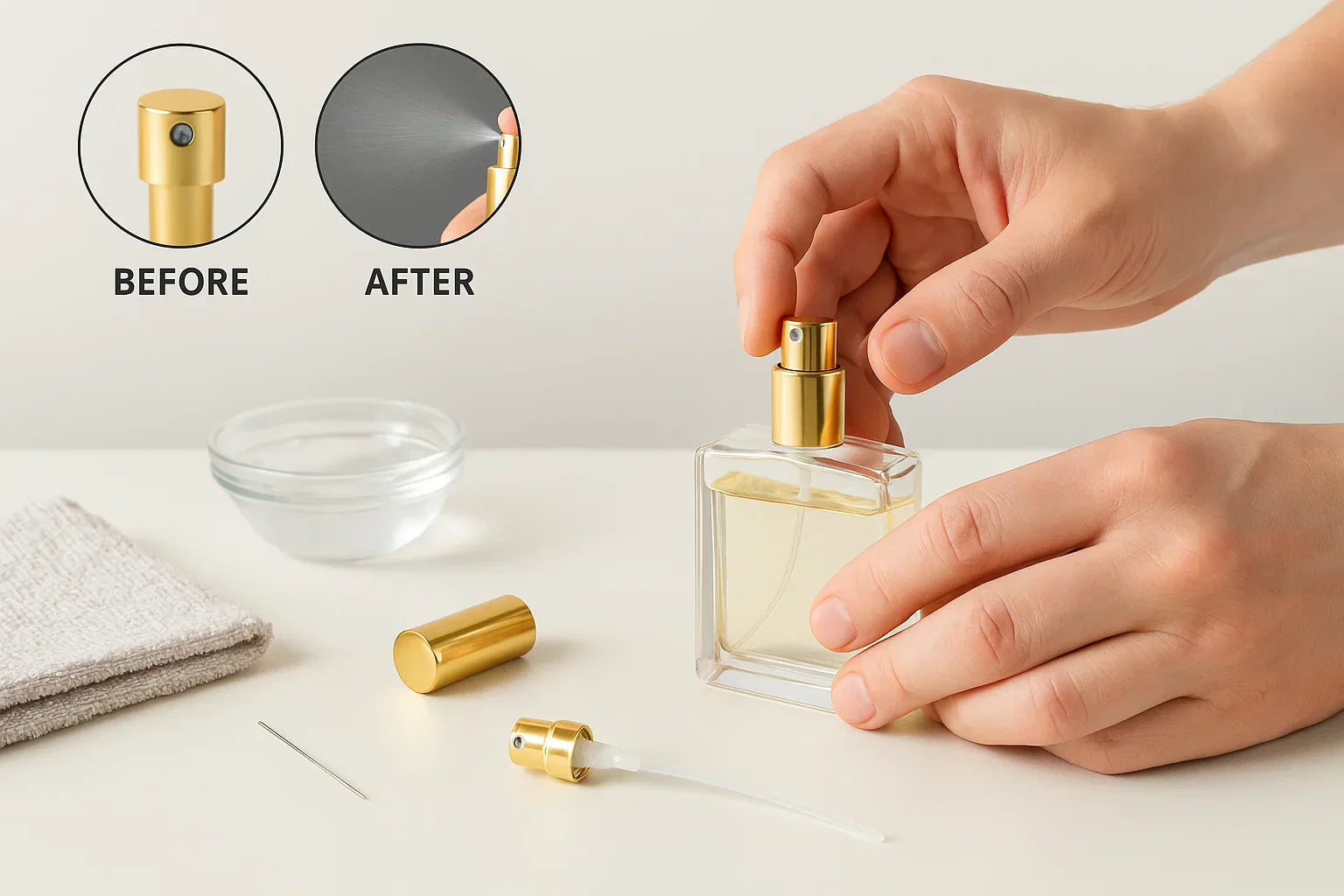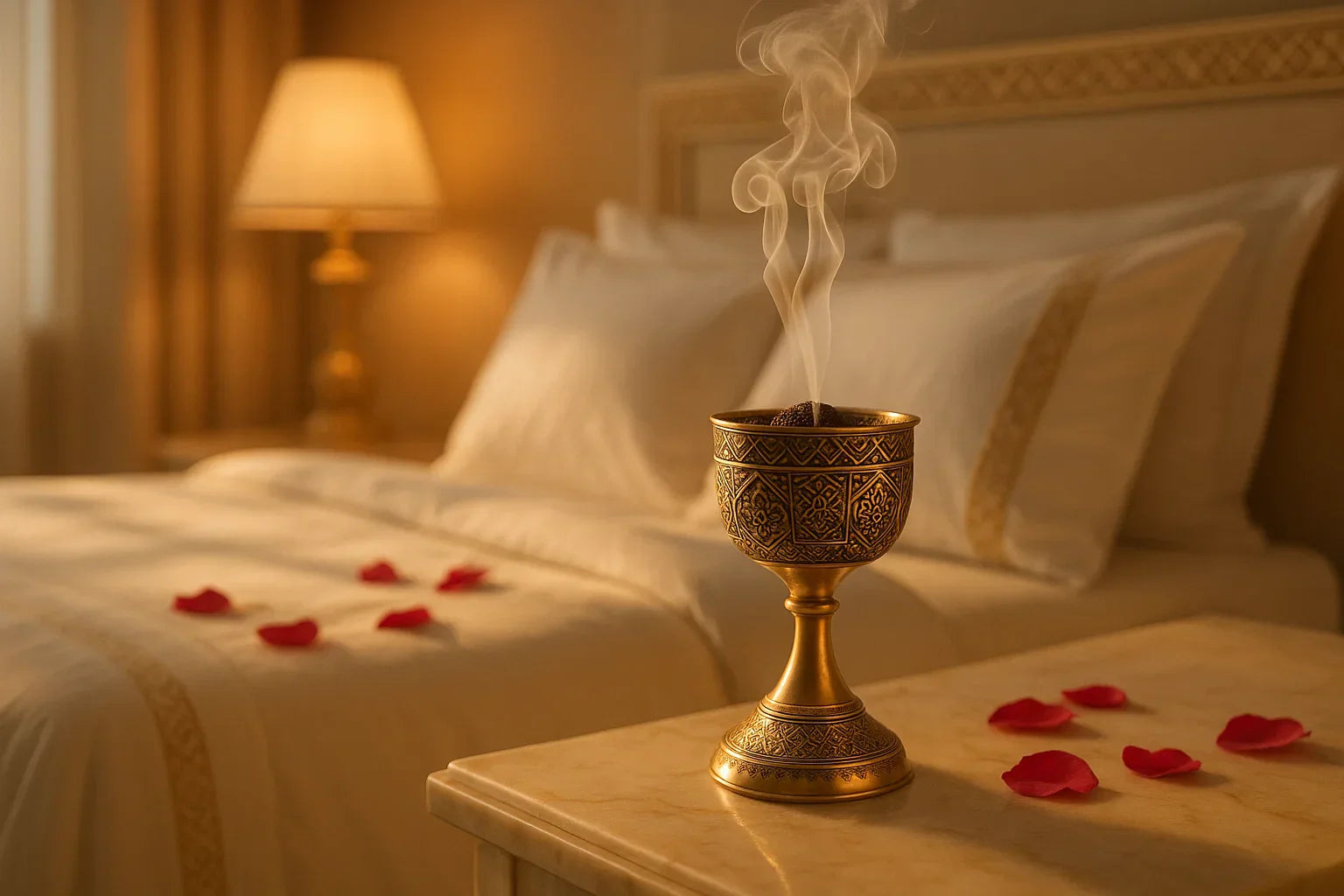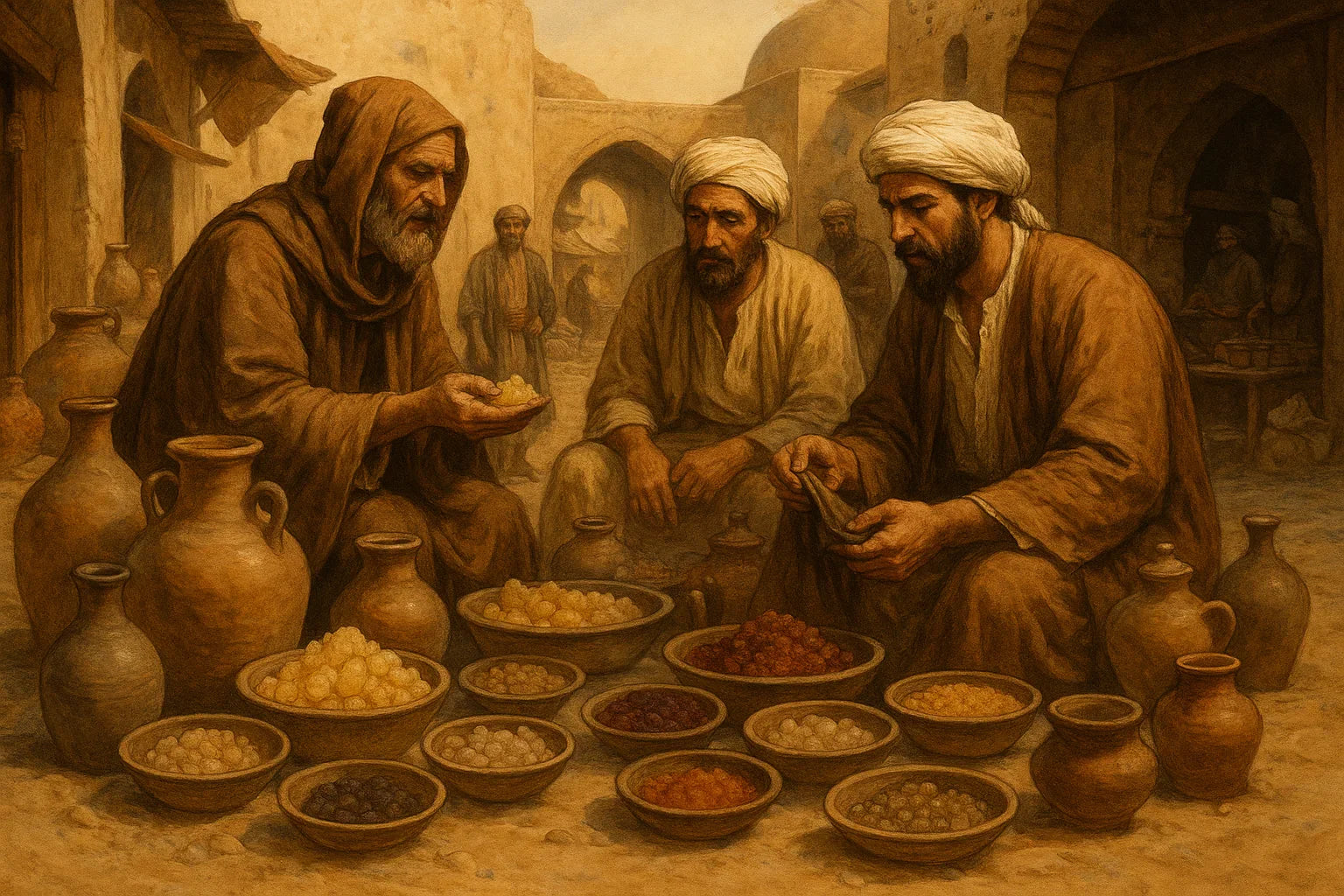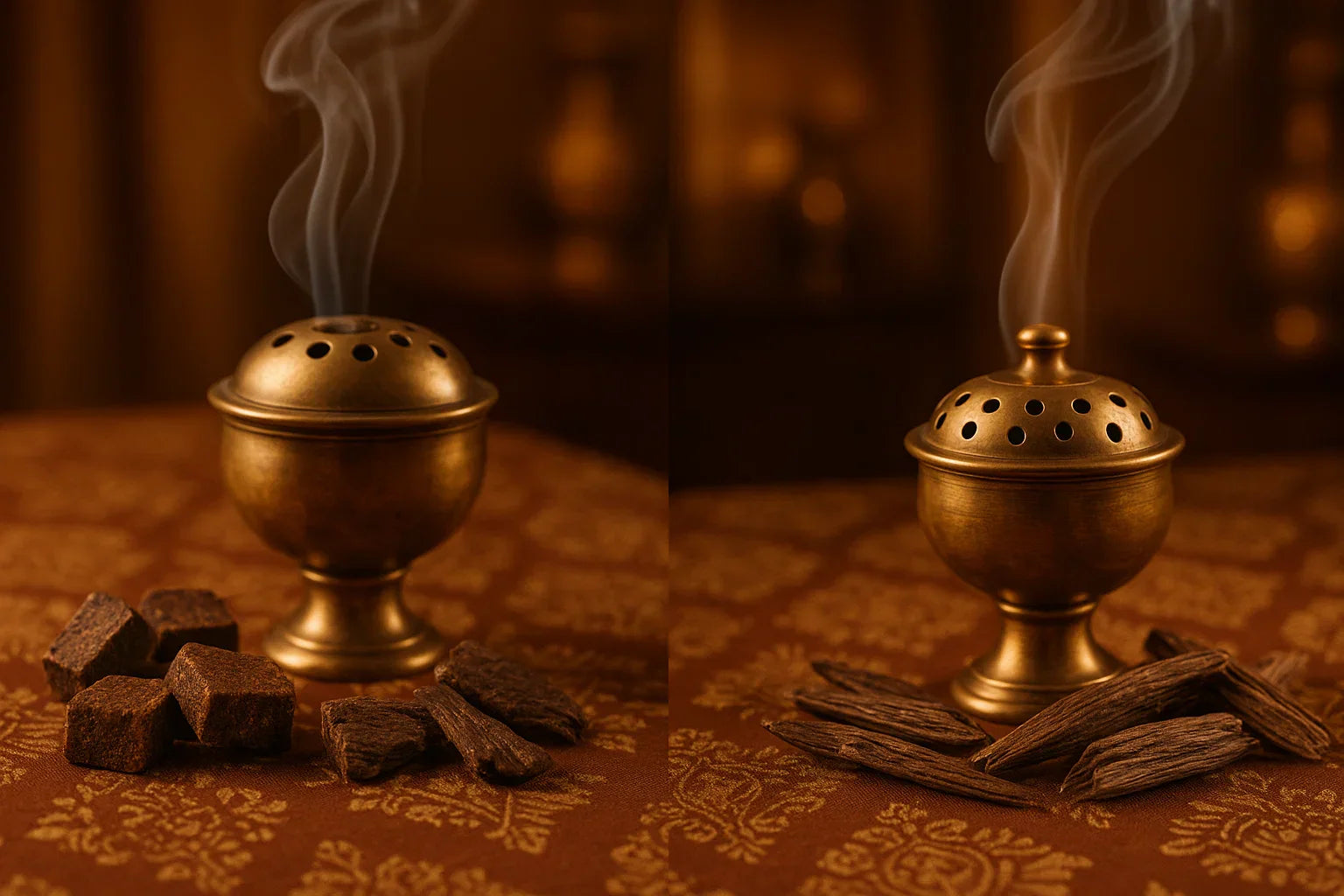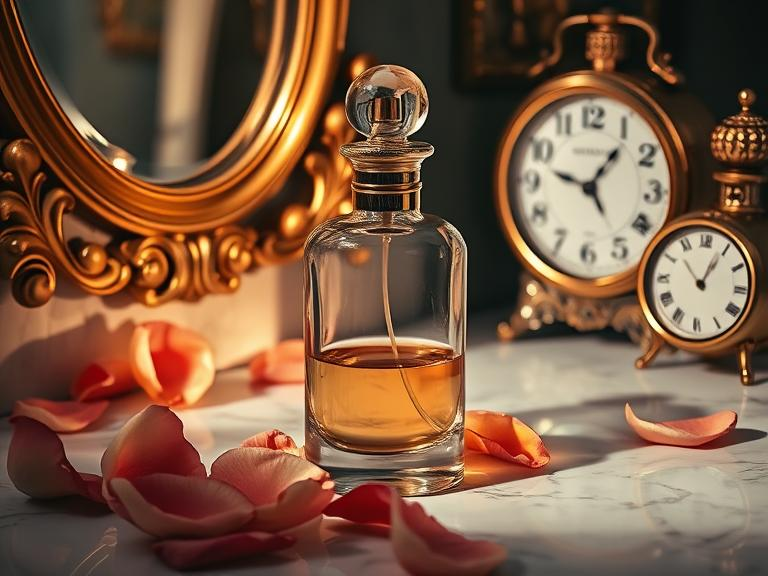
Does Perfume Expire? The Complete Guide to Fragrance Longevity and Proper Storage
Introduction: The Perfume Expiration Dilemma
You've invested in a beautiful bottle of perfume, perhaps even a luxury fragrance that cost hundreds of dollars. Then one day, you notice it doesn't smell quite right anymore. Has your perfume expired? And if so, what should you do about it?
Many perfume enthusiasts face this frustrating situation, watching their precious scents potentially deteriorate while uncertain about whether they're still safe to use or if they need to be replaced. With proper knowledge about fragrance longevity, you can protect your investment and enjoy your favorite scents for years to come.
Does Perfume Actually Expire?

Yes, perfume does expire. Unlike wine, fragrance doesn't improve with age. Perfumes are complex mixtures of various aromatic compounds, essential oils, alcohol, and water. Over time, these ingredients interact with each other and the environment, causing the fragrance to degrade.
However, perfume doesn't expire in the same way that food does—it won't necessarily become harmful to use. Instead, expired perfume typically experiences changes in:
- Scent profile: The top notes are usually the first to fade, making the perfume smell different than when first purchased
- Intensity: The fragrance becomes noticeably weaker
- Color: Many perfumes darken or change color as they age
Interestingly, unlike many cosmetic products, perfumes aren't legally required to display expiration dates on their packaging in most countries. Instead, manufacturers sometimes include a Period After Opening (PAO) symbol—a small icon of an open jar with a number inside indicating how many months the product should remain good after opening.
How to Tell if Your Perfume Has Expired

Not sure if your fragrance has gone bad? Here are reliable ways to identify expired perfume:
Visual Changes
- Color darkening or changing: Many perfumes gradually darken from exposure to light and air
- Cloudy appearance: A previously clear perfume that's become cloudy or opaque
- Sediment formation: Visible particles or separation in the liquid
Scent Alterations
- Off odors: Vinegary, metallic, or sour notes that weren't present originally
- Weakened potency: Significantly reduced strength requiring more sprays
- Imbalanced scent profile: When only certain notes remain while others have faded
Physical Changes
- Thicker consistency: The perfume has become more viscous
- Skin irritation: If the perfume suddenly causes redness or irritation when it didn't before
Expert Tip: The most reliable test is simply your nose. If your perfume no longer smells as intended or has developed unpleasant notes, it has likely expired.
Does Unopened Perfume Expire?
One of the most common questions we receive at Wani Perfumes is: does perfume expire if unopened?
Unopened perfume can last significantly longer than opened bottles because it hasn't been exposed to oxygen, which is a primary catalyst for degradation. However, even sealed perfumes will eventually expire. Here's what you should know:
- Unopened perfumes typically last 3-5 years from the manufacturing date
- Properly stored unopened perfumes can sometimes maintain quality for up to 10 years
- Limited edition or vintage fragrances may still degrade even in unopened packaging
The determining factor is the perfume's composition and storage conditions rather than simply whether it's been opened. A poorly stored unopened bottle will degrade faster than a well-stored opened one.
Typical Shelf Life of Different Fragrance Types
Not all fragrance formulations age at the same rate. The concentration and composition significantly affect longevity:
| Fragrance Type | Typical Concentration | Average Shelf Life (Opened) | Average Shelf Life (Unopened) |
|---|---|---|---|
| Perfume/Parfum | 15-30% aromatic compounds | 8-10 years | 10+ years |
| Eau de Parfum | 15-20% aromatic compounds | 4-5 years | 8-10 years |
| Eau de Toilette | 5-15% aromatic compounds | 3-4 years | 5-7 years |
| Eau de Cologne | 2-4% aromatic compounds | 2 years | 3-4 years |
| Body Spray | 1-3% aromatic compounds | 1-2 years | 2-3 years |
Higher concentrations of aromatic compounds (like in pure perfumes) generally means a longer shelf life. However, natural ingredients tend to degrade faster than synthetic ones, which means that niche perfumes with higher percentages of natural materials may actually expire sooner than commercial fragrances with more stable synthetic components.
Factors That Affect Perfume Longevity
Understanding what causes perfume to expire can help you extend its life. The following factors significantly impact how quickly a perfume will degrade:
1. Exposure to Light
Impact: UV rays break down the molecular structure of fragrance compounds Solution: Store in dark or opaque containers, away from windows and direct sunlight
2. Temperature Fluctuations
Impact: Heat accelerates chemical reactions within the perfume Solution: Maintain consistent, cool temperatures (ideally between 55-72°F/12-22°C)
3. Oxygen Exposure
Impact: Oxidation alters the chemical composition of the fragrance Solution: Always keep bottles tightly sealed when not in use
4. Humidity Levels
Impact: High humidity can introduce moisture into the perfume bottle Solution: Store in dry environments, avoid bathroom storage
5. Perfume Composition
Impact: Natural ingredients typically degrade faster than synthetic ones Solution: Consider the composition when estimating shelf life expectations
Interesting Fact: Some vintage perfumes from the early 20th century still maintain their scent profiles because they were formulated with now-restricted animal-derived ingredients like ambergris, civet, and musk, which have exceptional longevity. Modern reformulations without these ingredients often don't last as long.
How to Properly Store Your Perfumes

Proper storage is the single most important factor in extending your perfume's lifespan. Follow these expert recommendations:
Ideal Storage Conditions
- Keep in a cool, dark place – A dedicated drawer, cabinet, or closet away from windows
- Maintain consistent temperature – Avoid bathrooms, kitchens, or windowsills
- Use original packaging – Many perfume boxes are designed to protect from light damage
- Store upright – Prevents leakage and reduces air exposure through the sprayer
Storage Locations to Avoid
- Bathrooms – Humidity and temperature fluctuations accelerate degradation
- Windowsills – Direct sunlight is extremely damaging
- Cars – Extreme temperature variations destroy fragrance compounds
- Above radiators or near heat sources – Heat breaks down fragrance molecules
For Valuable Collections
- Consider refrigeration – Some collectors use dedicated perfume fridges (set to around 40°F/4°C)
- Document purchase dates – Keep track of when bottles were opened
- Rotate your collection – Use older fragrances first to enjoy them at their best
Can You Still Use Expired Perfume?
If you've determined that your perfume has expired, you might wonder if it's still usable. Here's what you should consider:
Safety Considerations
- Skin irritation risk: Degraded compounds may cause allergic reactions
- Altered alcohol content: May change how the perfume interacts with skin
- Color changes: May potentially stain clothing or skin
When It's Probably Fine
- Only mild color changes with no scent alteration
- Slightly weaker fragrance but same scent profile
- Recently expired higher-quality perfumes
When to Discard
- Foul or vinegar-like odor
- Visible contamination or unusual cloudiness
- Causes skin irritation or discomfort
- Significantly altered scent that you no longer enjoy
Alternative Uses for Expired Perfume:
- Room freshener – Spray in closets or rooms (if the scent is still pleasant)
- Drawer sachets – Apply to cotton balls and place in dresser drawers
- Scented paper – Spray on stationary or journal pages
How to Extend Your Perfume's Lifespan
Implement these professional tips from our fragrance experts at Wani Perfumes to maximize your perfume's shelf life:
Handling Best Practices
- Clean hands – Always handle bottles with clean, dry hands
- Avoid bottle transfers – Keep perfume in its original container
- Minimize air exposure – Don't leave bottles open longer than necessary
- Spray don't splash – For splash bottles, consider transferring a small amount to an atomizer
Strategic Usage
- Rotate your collection – Use older perfumes first
- Consider sample sizes – For fragrances you use infrequently
- Travel atomizers – Smaller containers expose less perfume to environmental factors
- Purchase appropriately – Buy sizes you can reasonably use within 1-2 years
Environmentally Conscious Options
- Share with friends – Split large bottles among fellow fragrance enthusiasts
- Consider vintage perfume communities – For collecting and trading older fragrances
Common Questions About Perfume Expiration
Does Bath and Body Works Perfume Expire?
Yes, Bath and Body Works fragrances do expire. Their body mists and EDTs typically have a shelf life of 2-3 years once opened, slightly shorter than higher-concentration perfumes. Look for changes in color, clarity, or scent as indicators of expiration.
Does FragranceNet Sell Expired Perfume?
FragranceNet, like other discount fragrance retailers, generally sells authentic products that are current. However, as with any discount retailer, there is a possibility of receiving older stock. Always check the color, consistency, and scent of perfumes purchased from discount sites, and buy from reputable retailers like Wani Perfumes for guaranteed fresh stock.
How Long Does It Take for Perfume to Expire?
The timeline for perfume expiration varies significantly based on formulation and storage. On average:
- Opened perfumes: 2-5 years
- Unopened perfumes: 3-10 years
However, improper storage can reduce these timeframes dramatically, sometimes to just months rather than years.
Does Perfume Have an Expiration Date?
While most perfumes don't have explicit expiration dates printed on the packaging, many modern fragrances include a Period After Opening (PAO) symbol—a small jar with a number indicating months of usability after opening. Additionally, some include batch codes that can be looked up online to determine manufacture dates.
Final Thoughts: Making the Most of Your Fragrance Investment
Perfume is more than just a beauty product—it's an emotional experience and often a significant investment. Understanding whether and when perfume expires allows you to protect that investment and enjoy your fragrances at their best.
At Wani Perfumes, we're committed to helping our customers make informed decisions about their fragrance collections. We recommend:
- Purchasing quality over quantity – Fewer, well-cared-for bottles often provide better value
- Developing a fragrance rotation system – Ensuring all perfumes get used within their prime
- Learning your personal preferences – Some scent changes might be acceptable to you while others are not
Remember that perfume is meant to be enjoyed, not saved indefinitely. A beautiful fragrance sitting unused for years is a missed opportunity for countless moments of pleasure. Use your favorite scents regularly, store them properly, and you'll maximize both their lifespan and your enjoyment.
Are you concerned about the shelf life of your fragrance collection? Visit Wani Perfumes or contact our fragrance specialists for personalized recommendations on extending the life of your favorite scents. With our expertise in fragrance preservation and curation, we can help you maintain a collection that remains fresh and vibrant for years to come.
